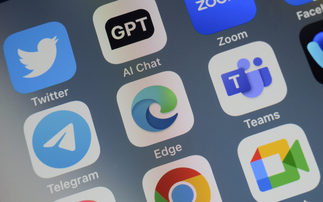Ovum: Biggest winners of API war could be Android
Mozilla has claimed that Windows RT "may have antitrust implications" as Microsoft is holding back APIs that are necessary for it to compete with modern browsers. Windows RT, the edition of the ...
To continue reading this article...
Join Computing
- Unlimited access to real-time news, analysis and opinion from the technology industry
- Receive important and breaking news in our daily newsletter
- Be the first to hear about our events and awards programmes
- Join live member only interviews with IT leaders at the ‘IT Lounge’; your chance to ask your burning tech questions and have them answered
- Access to the Computing Delta hub providing market intelligence and research
- Receive our members-only newsletter with exclusive opinion pieces from senior IT Leaders






















